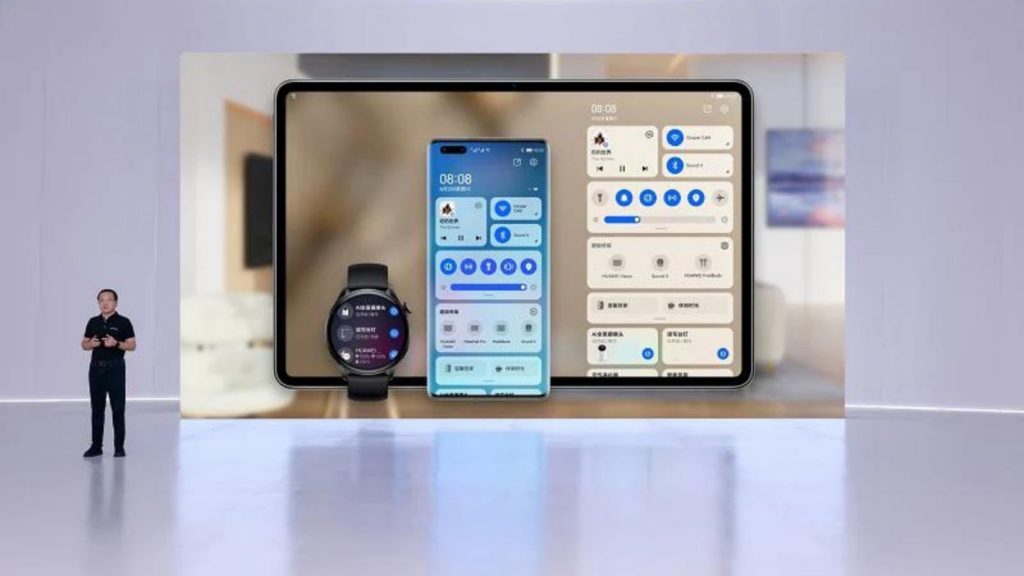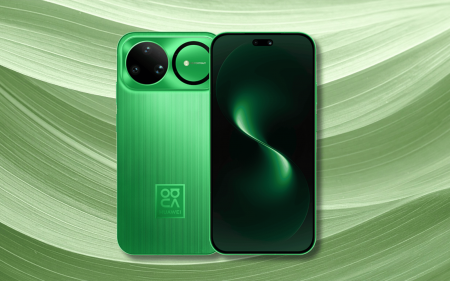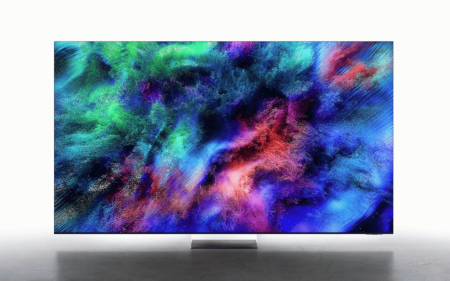Huawei has been threatening this for some time but now it’s official — the Chinese company announced that a whole slew of older and new devices are incoming running its Harmony OS 2 software.
These devices include some that you may have skipped (or which skipped us) over the past year, like the Huawei P40, Mate 30, Mate 40 and the MatePad Pro.
Living in perfect Harmony OS 2
The list of familiar names will be some of the first to get Huawei’s Android-alternative operating system, but the company doesn’t intend to stop there. Handsets as far back as the Mate 9 and P10, which launched in 2016 and 2017 respectively, will see themselves eligible for a Harmony OS upgrade in the coming months. The oldest devices, mentioned here, will get the OS update in the first half of 2022.
Before that, however, devices like the Mate 20, and several versions of Huawei’s Nova lineup, will see their update in Q3 of 2021. The company is, of course, singings its praises, claiming that it can “…maintain read/write speeds similar to those of a new phone after 36 months of use, even with very little storage still available on the device.” Which we’ll really need to see in action in order to believe. Other claims include better responsiveness from open apps, improved battery life and security and privacy.
But there’s still one glaring omission here — while Harmony OS 2 looks and reportedly feels fairly similar to Android 11 (and, according to Ars Technica, likely shares some of Android’s coding), it won’t have access to any of the items that caused issues for the company in the first place, like Google’s services and the Play Store. But maybe that doesn’t actually matter.
What we’re really about to find out with this launch is whether Huawei can do any better than both BlackBerry and Microsoft, who attempted their own mobile ecosystems before being battered to death against the twin rocks of Android and iOS.




